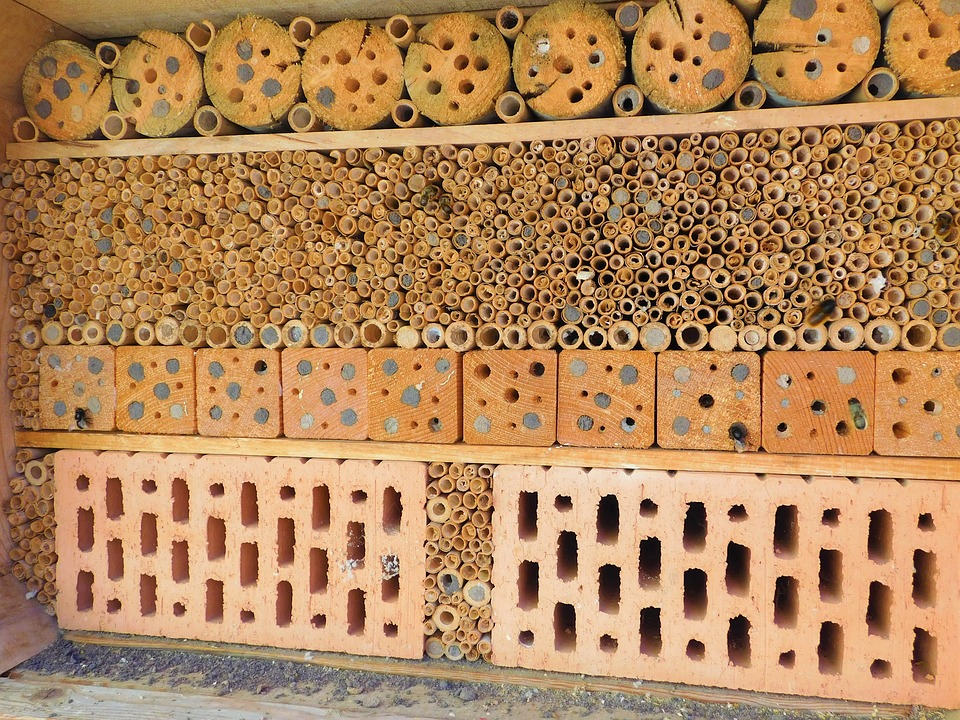Sustainable / Eco Friendly Ideas for your Garden
To enjoy your garden with sustainable practices is not something which is overly difficult neither expensive, you can take in all the pleasures that gardening offer and gain self satisfaction in knowing that you are giving back to nature what it gives to you.
Depending very much on the size of your garden, location, your time / money, results you are looking to achieve, you can adopt at least a handful of sustainable practises which will improve your sustainability.
One of the easiest actions is to compost your green waste which can include those collected from your garden, from the kitchen and even from your local neighbours. The likes of grass cuttings, leaves and vegetable peelings can be added to a compost heap and used as nutrient rich, organic fertilizer.
Conserving / collecting of water is another way in which to be more sustainable. From collecting natural water such as from rain running in to the gutter downpipes will improve your natural sources of water that you can use for watering plants.

insect towers
Insect (or bug) hotels /buildings are a frequent addition to gardens which can be simple, hand made, wooden towers that include solid cardboard tubes, vent bricks, thicker branches and more. Insects and other minibeasts need safe spaces to shelter, hide from predators and raise their young.
There are many solutions online, or you can make these at homes, for bee hives and hotels. Also, you can help the bees, all the bees, honey bees, bumblebees and solitary bees, by planting more flowers for them to feed on. Bee hives will take up more time and expertise and you can end up with your own honey.
Bird boxes / houses. Simple to make and to purchase (check online auction websites if you are after larger options). These provide birds a safe place to nest and for the twitchers amongst us, a great way to enjoy the wildlife in your garden.
There are many more ideas for you to increase your sustainable activities in the garden from swapping over the electric / petrol lawn mower to manual, collecting of seeds (especially from existing plants in your garden at autumn time), planting a tree if you have the space, fertilizing your plot with manure (or if you are by the sea with seaweed), stopping the use of chemical herbicides and much more!
image credits: Pixabay









